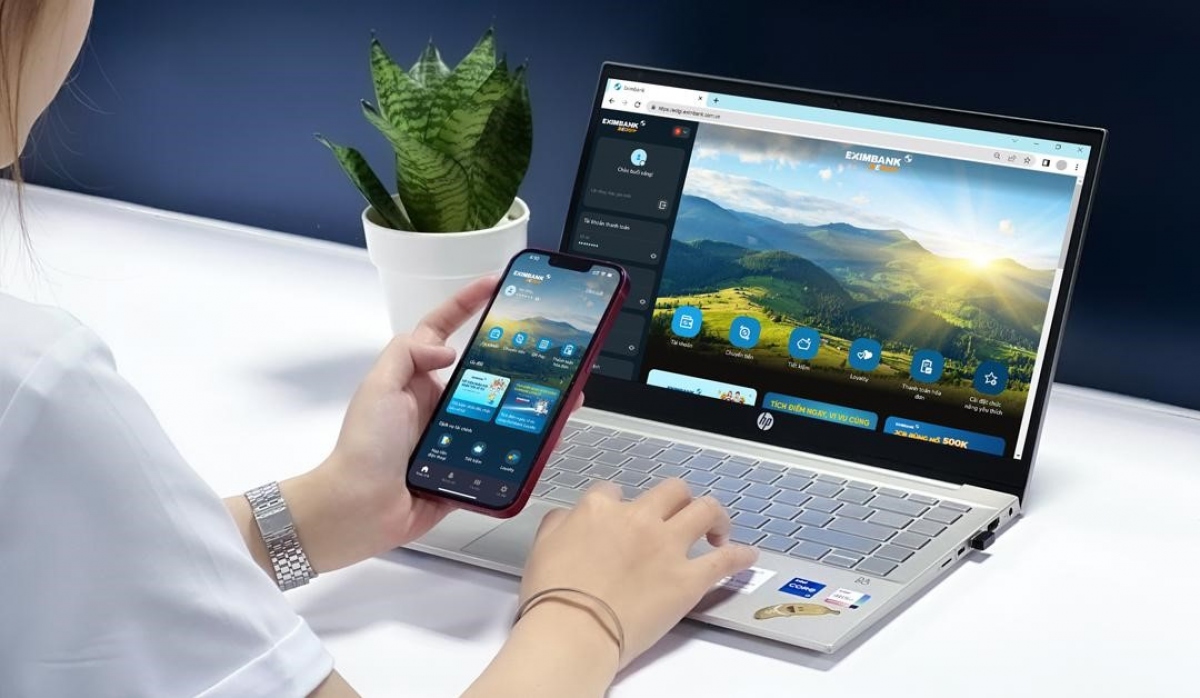With the rise of technology, mobile and computer applications have become essential tools for both personal and business use. While both mobile and computer applications serve the same purpose of making tasks easier and more efficient, there are several differences between them. In this article, we will discuss the differences between mobile and computer applications.
Operating Systems
The primary difference between mobile and computer applications is the operating systems they run on. Mobile applications run on mobile operating systems like Android and iOS, while computer applications run on desktop operating systems like Windows and MacOS.
Screen Size and Interaction
Mobile and computer applications are designed for different screen sizes and interaction methods. Mobile applications are optimized for smaller screens and touch-based interaction, while computer applications are designed for larger screens and mouse and keyboard interaction. This difference in design affects the user interface and user experience of the applications.
Performance
Mobile applications are designed to be lightweight and optimized for mobile hardware, while computer applications can take advantage of more powerful hardware. Mobile applications are limited by the processing power and memory of mobile devices, while computer applications can use more powerful processors and memory to run more complex tasks.
Connectivity
Mobile applications rely on mobile networks or Wi-Fi connections to function, while computer applications can function even without an internet connection. Mobile applications are designed to be used on-the-go, while computer applications are designed for stationary use.
Availability
Mobile applications are available through mobile app stores, while computer applications are available through software distribution platforms like the Microsoft Store or Apple App Store. The availability of the applications is also different as mobile applications are optimized for specific mobile operating systems while computer applications are available on all desktop operating systems.
Conclusion
In conclusion, while mobile and computer applications serve the same purpose, they are designed differently to optimize for the devices they are used on. Mobile applications are optimized for mobile devices with smaller screens, touch-based interaction, and mobile network connectivity, while computer applications are optimized for desktops with larger screens, mouse and keyboard interaction, and offline access. Understanding these differences is important when developing applications for different platforms or choosing the right application for specific tasks.





